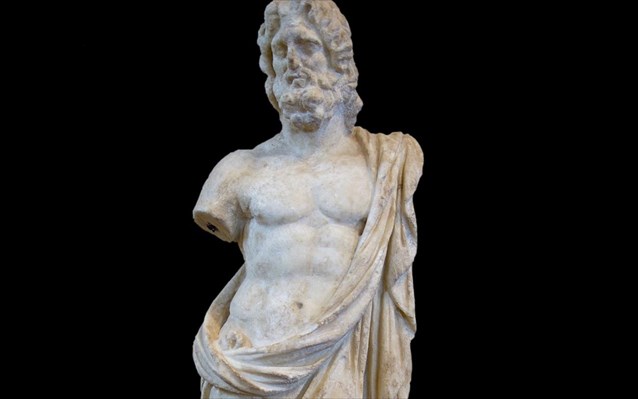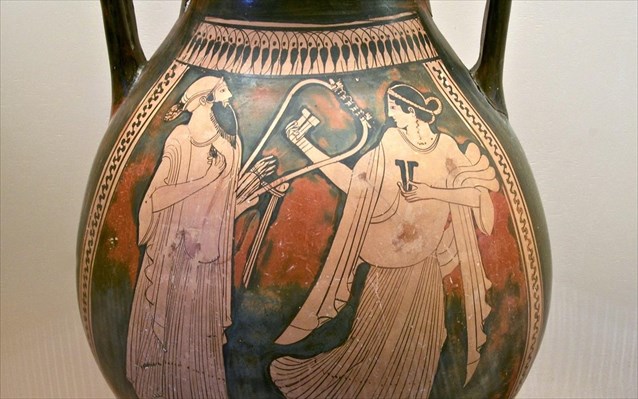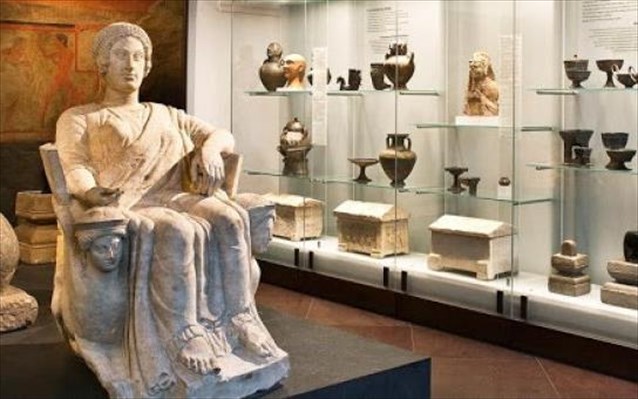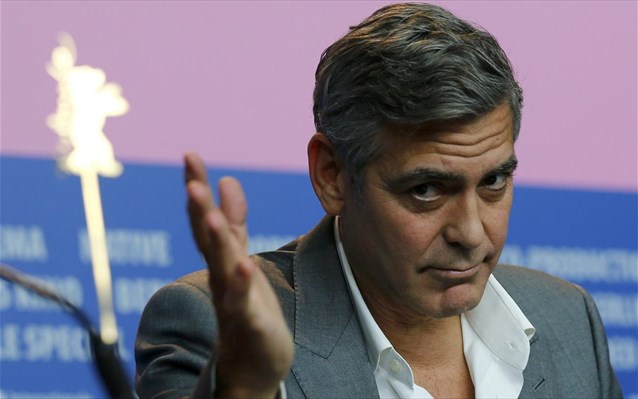Pictures: www.naftemporiki.gr
Findings from excavations on the island of Rhodes, which are scattered in various museums in Europe, will be presented together at an exhibition in the Louvre in October.
An important periodical exhibition entitled " Rhodes: a Greek island and gateway to the East. From the Late Bronze Age to the Archaic Period" will include findings from excavations on the island from the 19th century which have been legally or illegally transferred to the British Museum, the Louvre, the National Museum of Denmark and the National Museum of Berlin. Exhibits from the Museum of Art in Bern and Cabinet des Médailles to the National Art Gallery in Paris will also be presented, as well as 108 works of art from the Archaeological Museum of Rhodes.

The aim of the exhibition is to present Rhodes as a "gateway" to and from the East and to stress its role in shaping the Greek art and culture from the late prehistoric to early historic times and the importance of the island in terms of archaeological research. The central idea, however, is elsewhere - on the implicit connection with the first legal archaeological research on the island (with the approval of the Turkish authorities), but also illegal research, which has enriched with exhibits major museums abroad.

The first section of the exhibition, entitled "History of the excavations in Rhodes, a European history" refers to excavations carried out by foreign and Greek archaeologists on the island of Rhodes from the 19th century to today. Findings which adorn the museum of Copenhagen today and which come from the Danish excavations in the early 20th century of the sanctuary of Athena at Lindos, the archaic settlement in Vroulia in southern Rhodes, and the geometric / archaic cemetery in Eksohi will be of special interest.
The second section, entitled "Rhodes, a place of exchange in the Eastern Mediterranean", refers to the key role played by Rhodes due to its geographical position, the dissemination and utilization of elements of the great civilizations of the Middle East which have influenced the Greek culture.

Finally, the third section is dedicated to the production of local workshops for ceramics and miniatures and mainly of famous archaic styles of pottery which in the past were thought to have been created on Rhodes, but most of them are actually products of major Greek cities in Asia Minor.
The exhibition is organized with funding from the Louvre Museum and will take place from 15 October until 10 March 2015. It is also possible to be shown in Greece at the expense of the organizers.

Meanwhile, Hollywood actor George Clooney, responding to a Greek journalist, expressed support for the return of the statues from the Parthenon in Greece. This happened at a press conference in Berlin, where he presented his film "The Monuments Men" which he both directed and stars in.
"The request is fair," said Clooney and received applause from attending journalists. The question for the statues from the Parthenon is related to the film’s plot, which tells the story of a group of American art specialists, who, despite their age, have to go back in the army at the end of World War II. They have to land in Europe in order to save important works of art which were stolen by the Nazis from various countries.